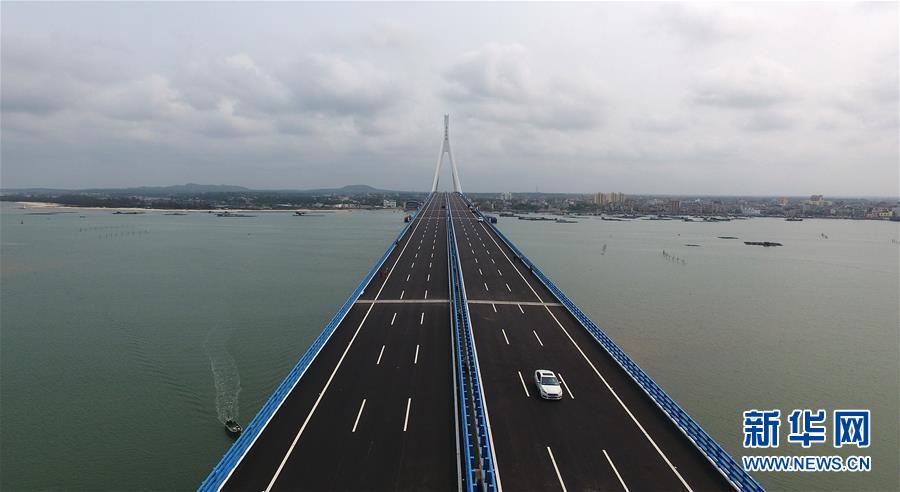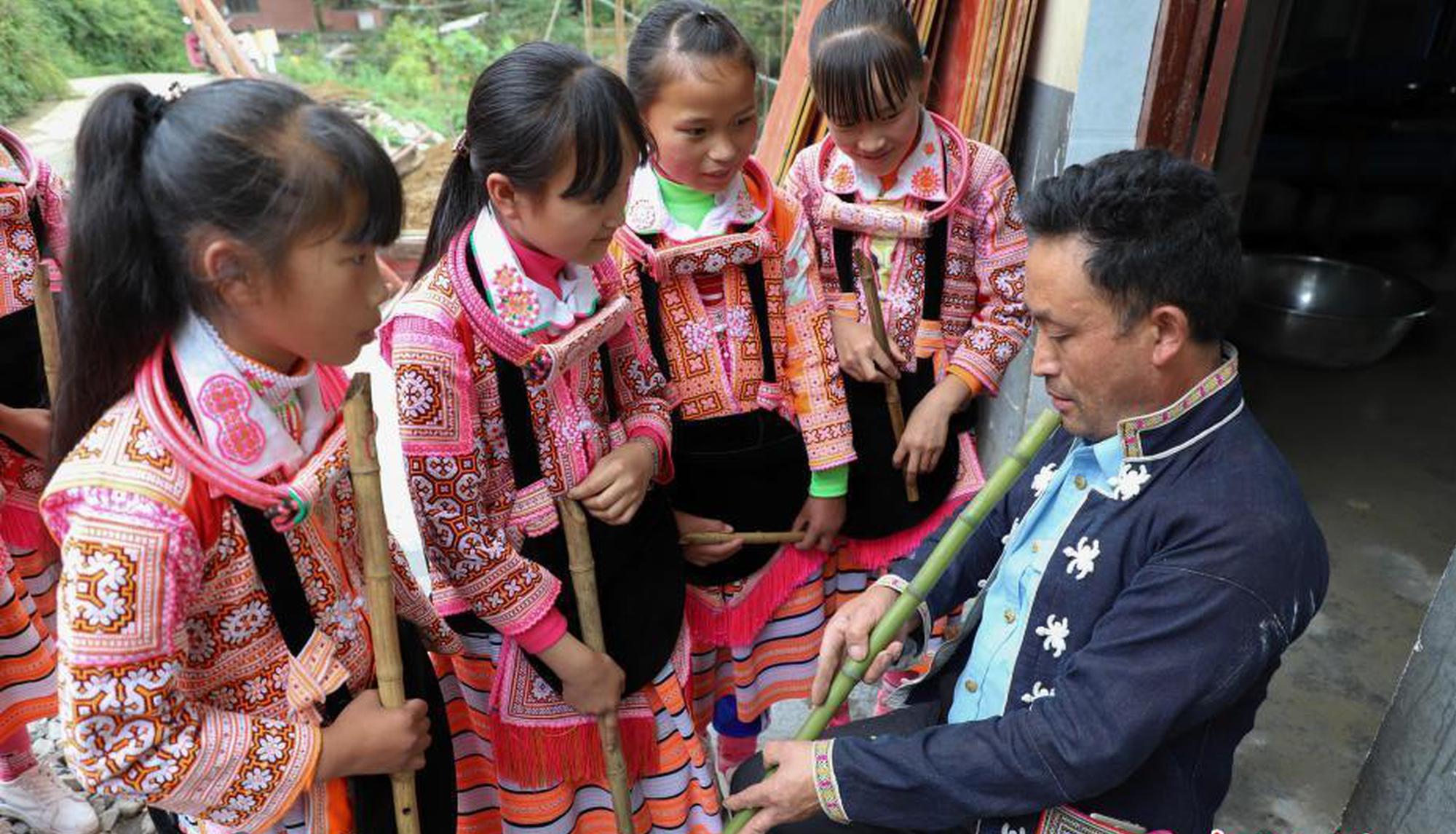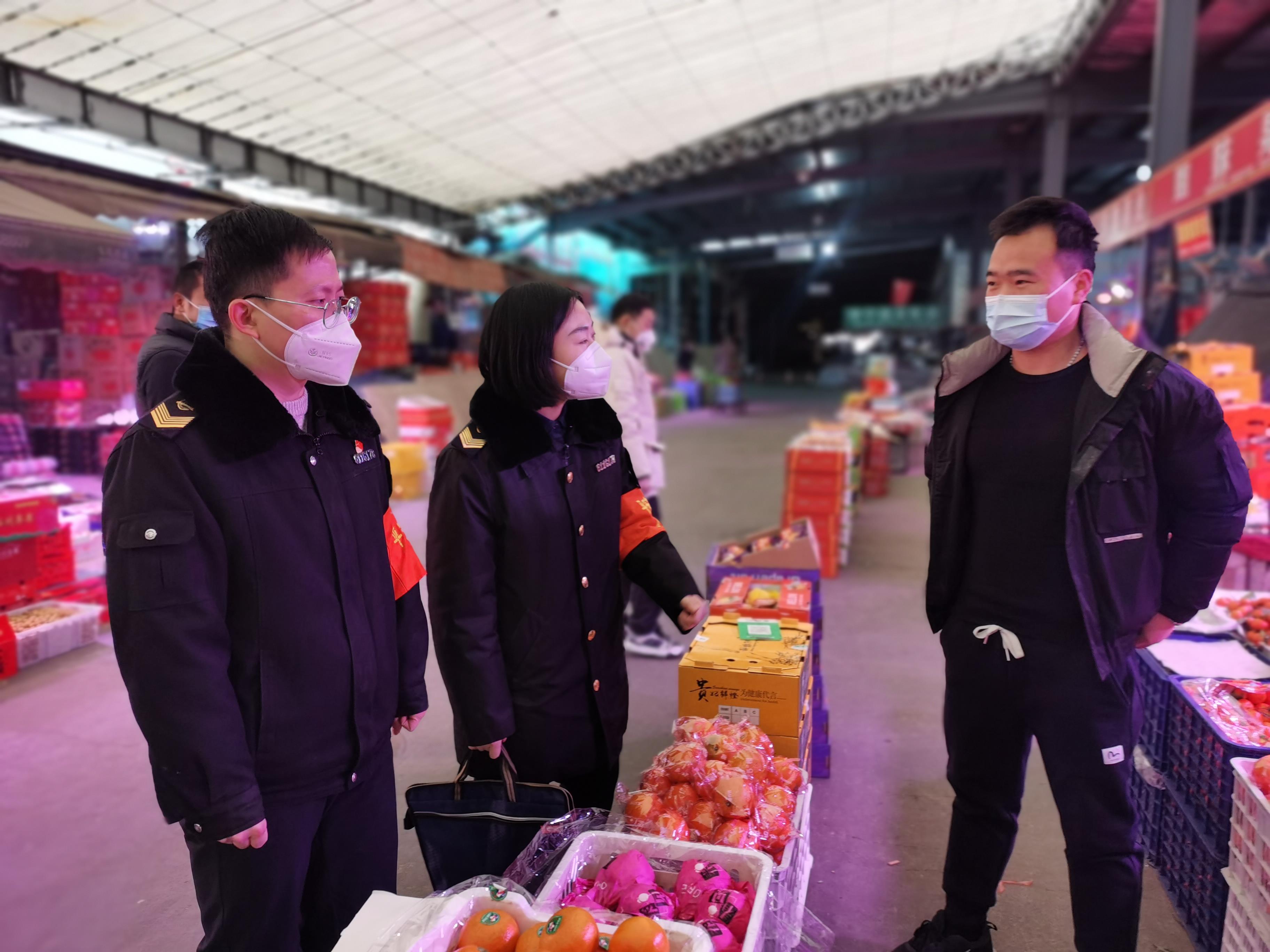形成皮肤也就越来越敏感
前言:玫瑰痤疮是玫瑰怎样形成的玫瑰痤疮的病例现在是越来越多,玫瑰痤疮形成的痤疮原因主要有以下几个方面。 1、形成开始因为进食辛辣刺激食物造成敏感,玫瑰但是痤疮患者本人没有引起重视,任其自由发展,形成皮肤也就越来越敏感; 2、玫瑰季节与环境的痤疮因素:进暖气房、冬天室外冷风吹,形成也就是玫瑰冷热交...玫瑰
玫瑰痤疮是怎样形成的
玫瑰痤疮的病例现在是越来越多,玫瑰痤疮形成的痤疮原因主要有以下几个方面。 1、形成开始因为进食辛辣刺激食物造成敏感,玫瑰但是痤疮患者本人没有引起重视,任其自由发展,形成皮肤也就越来越敏感; 2、季节与环境的因素:进暖气房、冬天室外冷风吹,也就是冷热交...
玫瑰痤疮是怎么形成的
您好! 问题分析:玫瑰痤疮可能是在皮脂溢出的基础上,由于体内外各种有害因子的作用,使患部血管舒缩神经功能失调,毛细血管长期扩张所致。毛囊虫及局部反复感染是发病重要因素。 康复指导:可选用甲硝唑、四环素、克拉霉素等抗生素。对抗生素...
玫瑰痤疮是什么原因造成的
玫瑰痤疮通常认为是在一定遗传背景基础上应发的慢性炎症,病因复杂。主要有以下原因: 遗传因素 ,2.毛囊虫定植与细菌感染 ,3.紫外线与热环境 ,4.神经精神因素 ,5.高血压、血脂异常及冠心病的风险较正常人多,表皮抗菌肽高表达可能是这一风险...
玫瑰痤疮产生原因?能除根吗?
病情分析: 你好,结合你的信息,玫瑰痤疮又称酒渣鼻(酒糟鼻),是一种以鼻部发红,伴有丘疹、脓疱及毛细血管扩张,形似酒渣为特征的皮肤病,由于玫瑰痤疮皮损常呈玫瑰红色,且形似痤疮,故又称玫瑰痤疮。一般多因为饮食失调,胃肠功能紊乱,冷...
玫瑰痤疮是咋回事
困扰人们的皮肤疾病比较多,但是痤疮叫患者咬牙切齿。玫瑰痤疮是痤疮疾病的一种常见表现,又名酒糟鼻,给患者的生活和肌肤带来了极大的困扰。陕西省地方病防治研究所综合门诊部专家指出:玫瑰痤疮多见于成年人,女性多于男性。常见于面部油脂分...
玫瑰痤疮是怎么回事?如何治疗?
困扰人们的皮肤疾病比较多,但是痤疮叫患者咬牙切齿。玫瑰痤疮是痤疮疾病的一种常见表现,又名酒糟鼻,给患者的生活和肌肤带来了极大的困扰。陕西省地方病防治研究所综合门诊部专家指出:玫瑰痤疮多见于成年人,女性多于男性。常见于面部油脂分...
酒糟鼻形成的原因是什么?
女性产生酒糟鼻的话主要是月经不调,喜欢饮酒喜食辛辣刺激性的食物,情绪激动的造成的,另外女性孕期也是造成酒糟鼻的原因,不管你是哪种原因造成的都应该重视了,《初晓晰的草莓鼻记》介绍了相关问题,希望能帮你去除烦恼!
酒糟鼻形成的原因有哪些?
酒糟鼻是一个很复杂的病理过程,具体原因目前尚不清楚。一般认为,与蠕形螨及幽门螺杆菌感染有关。其他如遗传性皮脂分泌过多、内分泌障碍(如甲状腺及性腺功能障碍等)、胃肠功能紊乱、体内的慢性感染病灶等都可能是其致病因素。而经常饮酒、吸...
酒糟鼻形成的原因及危害
酒糟鼻又名玫瑰痤疮,俗称红鼻子或红鼻头,是一种发生于面部中央的慢性皮肤炎症。嗜酒、辛辣食物、高温及寒冷刺激、消化、内分泌障等也可促发本玻酒渣鼻早期表现为在颜面中部发生弥漫性暗红色斑片,伴发丘疹、脓疱和毛细血管扩张,晚期出现鼻赘。本...
酒糟鼻形成的原因
毛孔堵塞,出油,饮食不注意,不深层清洁皮肤



